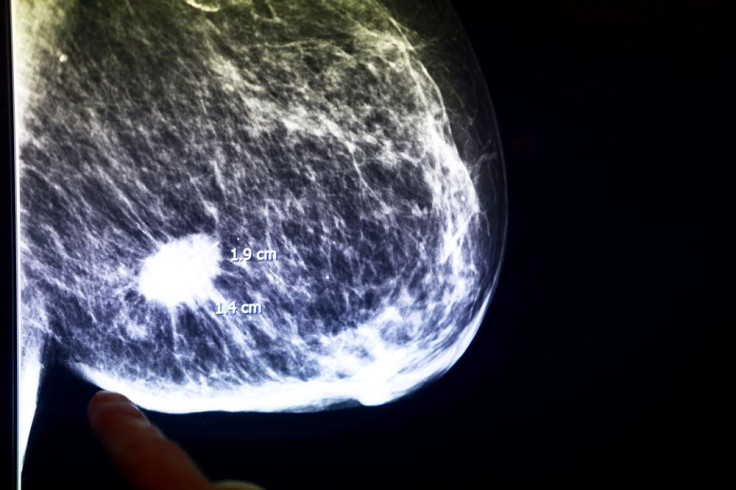Breast Cancer Risk For Women With Atypical Hyperplasia Greater Than Doctors Thought

One of the most important lines of defense an individual has to breast cancer is recognizing its precursors. Thanks to a new study from the Mayo Clinic, women may be better prepared than ever to tackle this disease. The study has found that women with atypical hyperplasia are at an even higher risk of breast cancer than previously believed. This finding will hopefully help many women get the necessary intervention before their breast cancer develops to fatal levels.
In order to come to this conclusion, the Mayo Clinic researchers used data from 698 women with atypical hyperplasia, a type of precancerous lesion found in about a tenth of all breast cancer biopsies, the press release reported. From this information, the researchers found that the cancer risk associated with these lesions was much higher than previously believed, and that after 25 years 30 percent of the women with this condition went on to develop breast cancer.
Overall, it was concluded that after an average follow up of 12.5 years 143 women had developed the disease. This means that as many as 100,000 women diagnosed with this condition each year could be unaware of their extremely heightened breast cancer risk. These findings were further validated by researchers from Vanderbilt University who reviewed information from a separate group of women also living with atypical hyperplasia, and came to the same conclusion.
Atypical hyperplasia is a name given to breast cells that grow out of control and cluster into abnormal patterns. The condition is considered benign but also recognized as a precancerous risk. When these cells begin to grow into the surrounding tissue or spread, breast cancer results.
According to Breastcancer.org, around one in eight American women will develop breast cancer over the course of their lifetime. Although genetic precursors have been identified as a major component in breast cancer, around 85 percent of cases occur in women who have no family history of the disease.
Patients diagnosed with atypical hyperplasia of the breast are often recommended to have intensive breast cancer screening and are perhaps even advised to consider medical strategies in an effort to reduce their breast cancer risk. These newest findings may help to further tailor the personal health strategy for women with this condition.
"By providing better risk prediction for this group, we can tailor a woman's clinical care to her individual level of risk," said Dr. Lynn Hartmann, an oncologist at Mayo Clinic and lead author of the study, in the press release.
The researchers hope their findings will help women with this condition realize their significantly increased lifetime risk of breast cancer and encourage them to take part in regular cancer screenings.



























